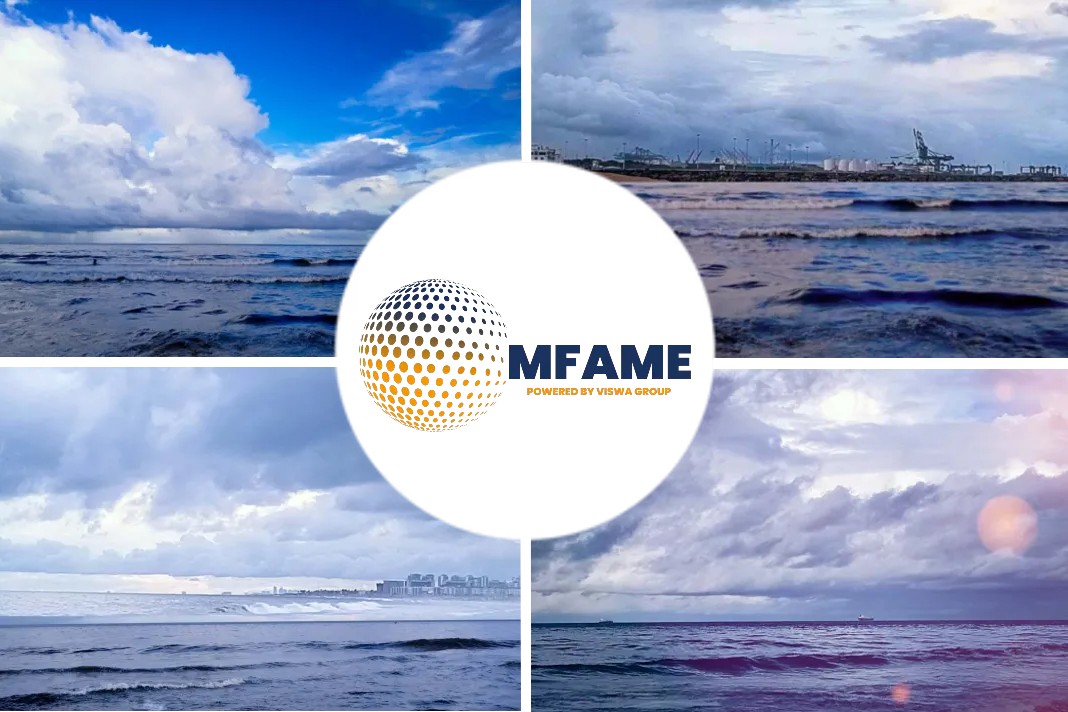A marine surveyor is “a person who conducts inspections, surveys or examinations of marine vessels to assess, monitor and report on their condition and the products on them, as well as inspects damage caused to both vessels and cargoes.”
The objects of the detailed inspection or examination are the general condition of the vessel, machineries and equipment onboard, and the cargo. In other words, everything on the vessel, including the vessel itself. Survey Reports are prepared accordingly. Their objective is to determine the condition of the vessel and to ensure its seaworthiness. The rationale is that the open water can be a treacherous place and safety cannot be compromised. Indeed, “surveying is endemic to the shipping process.”
A marine surveyor is a vital profession held in high regard in the shipping industry. To become a marine surveyor requires extensive training, but accreditation is done only by private organizations and not by any government or international entity. Among the prestigious training institutes would include the International Institute of Marine Surveying (IIMS), which is the largest organization of marine surveyors. Naturally, a marine surveyor must be knowledgeable with the things that he is inspecting. This would include knowledge about the vessel’s design and construction, as well as the mechanical and electrical systems. These are very technical matters.
A marine survey is required before acquiring insurance. Thus, several types of surveys are conducted, such as the condition and valuation survey, towage approval, the precondition/preloading survey, tank cleanliness, fitness, dryness survey, the protection and indemnity survey, the cargo-stowage survey, the stuffing survey, the stripping survey, the cargo-hold suitability survey and the van-container interchange survey.
Marine surveys may either be for yacht and small crafts (usually less than 300 feet long), hull and machinery or cargoes. Thus, we have the general cargo or the loose cargo survey. This survey covers the “general cargo either onboard the vessel, containerized cargoes at the pier’s warehouse, shippers/consignees warehouse, stripping and bag order cargo inspection at the Customs-bonded terminals, consolidators terminal or any place where the cargo will be withdrawn, delivered or transferred. Shipment in coils, reels and refrigerated van containers are also examples of general cargo. Sometimes it may be a special or extraordinary shipment packed or stuffed in a specialized container like dangerous cargoes.” In this regard, a detailed description of the packaging is relevant to determine if the cargo has been tampered, to determine the original condition of the cargo, and to know if the quantity is intact, among other reasons.
There is also the hull survey. A marine hull pertains to the vessel’s structure. A hull surveyor is “the one who determines the condition of a ship or vessel’s hull, machineries and appurtenances.” Another describes it as “one who inspects the superstructure of the ship for leaks, worn surfaces and structural weaknesses, which could cause leakage or sinking of the vessel.”
There are different classes of hull surveyors depending on their principals. The most common known hull surveyor is the class surveyor, or the classification society surveyor. The class surveyor “calculates the structural strength or the scantling of vessels and its machineries. They are in continuous attendance during the construction stage of the vessel and ensure that the construction follows the classification societies’ rules and regulation.”
Marine vessels may include yachts and other pleasure crafts, passenger vessels, fishing boats, commercial ships, tugboats, trawlers, dredgers, barges, oil rigs, ferries, cargo vessels, warships and narrow boats. Specialization among surveyors is inevitable due to the wide variety of vessels.
In the insurance industry, insurers rely heavily on marine surveyors due to their expertise. They may be tapped, as well as expert witnesses, in legal proceedings. Settlement of insurance claims is dependent on the findings of marine surveyors. But survey is different from adjustment. In this regard, surveyors may act as claims investigators for insurance companies. According to Capt. Barry Thompson, “If a surveyor receives a request to carry out an insurance- claim survey, its purpose is still fundamentally the same as with most surveys—to investigate and provide the facts relating to the incident and then report his findings. In his enquiries, he uses his knowledge and experience to consider the facts and evaluate them to assist in establishing the cause and to determine the best means of minimizing the loss.”
In cases of insurance claims, a hull particular average adjuster is hired together with the hull surveyor. Thus, “it is an acceptable practice that in an event of a loss, the ship owner appoints an average adjuster and the hull insurer appoints the hull surveyor. The hull surveyor is the technical man who determines how the damage was incurred and determines the extent of damages incurred. The surveyor also determines the repairs required in putting back the vessel to its seaworthiness. The average adjusters collate all the required documents necessary for claims processing and also check all the repair accounts and send it to the surveyor for the endorsement of repair accounts. After the surveyor completes the endorsement, the adjuster will now prepare the particular average adjustment.”
Did you subscribe for our daily newsletter?
It’s Free! Click here to Subscribe!
Source: Business Mirror
















